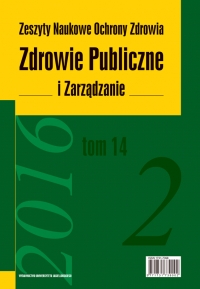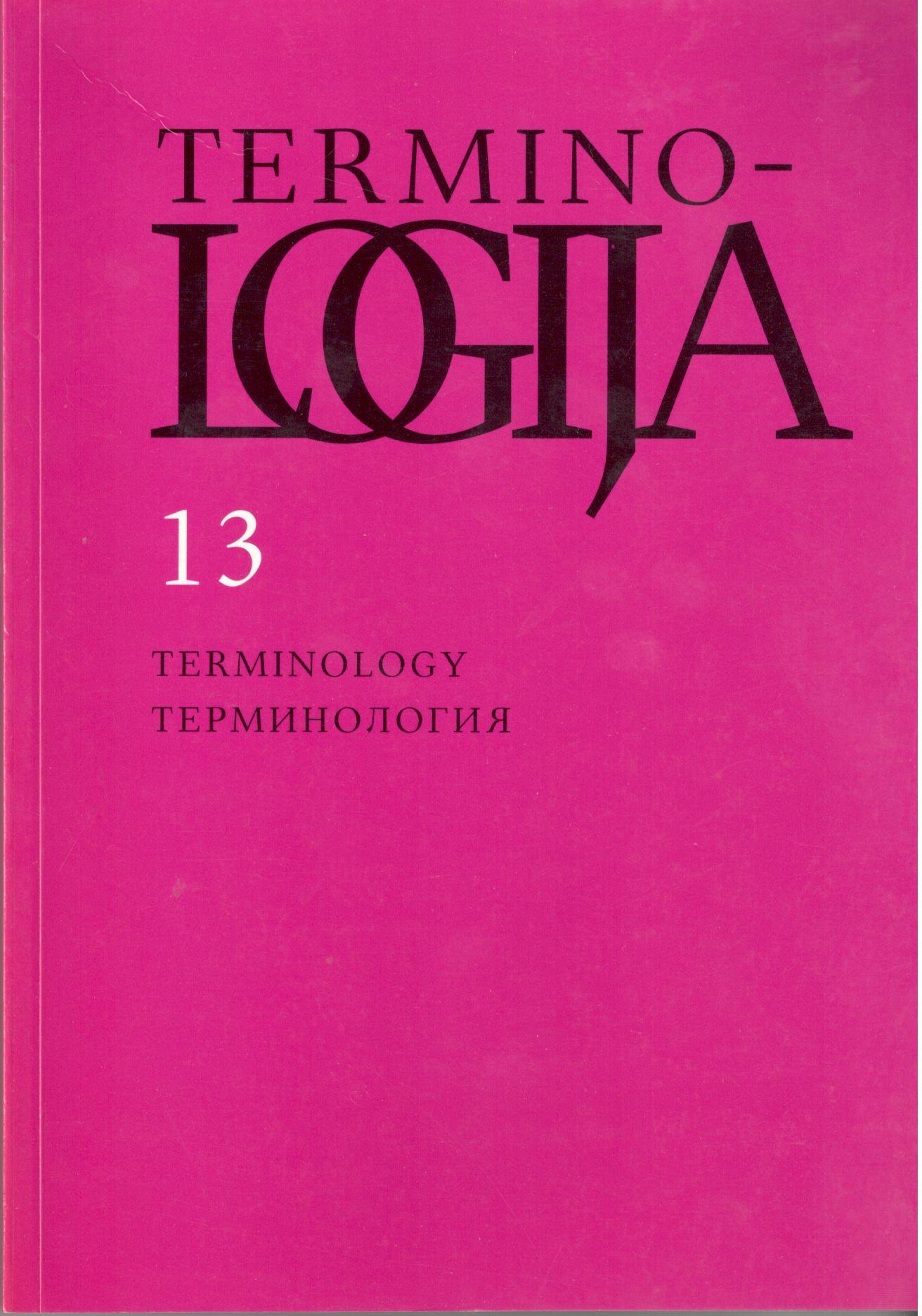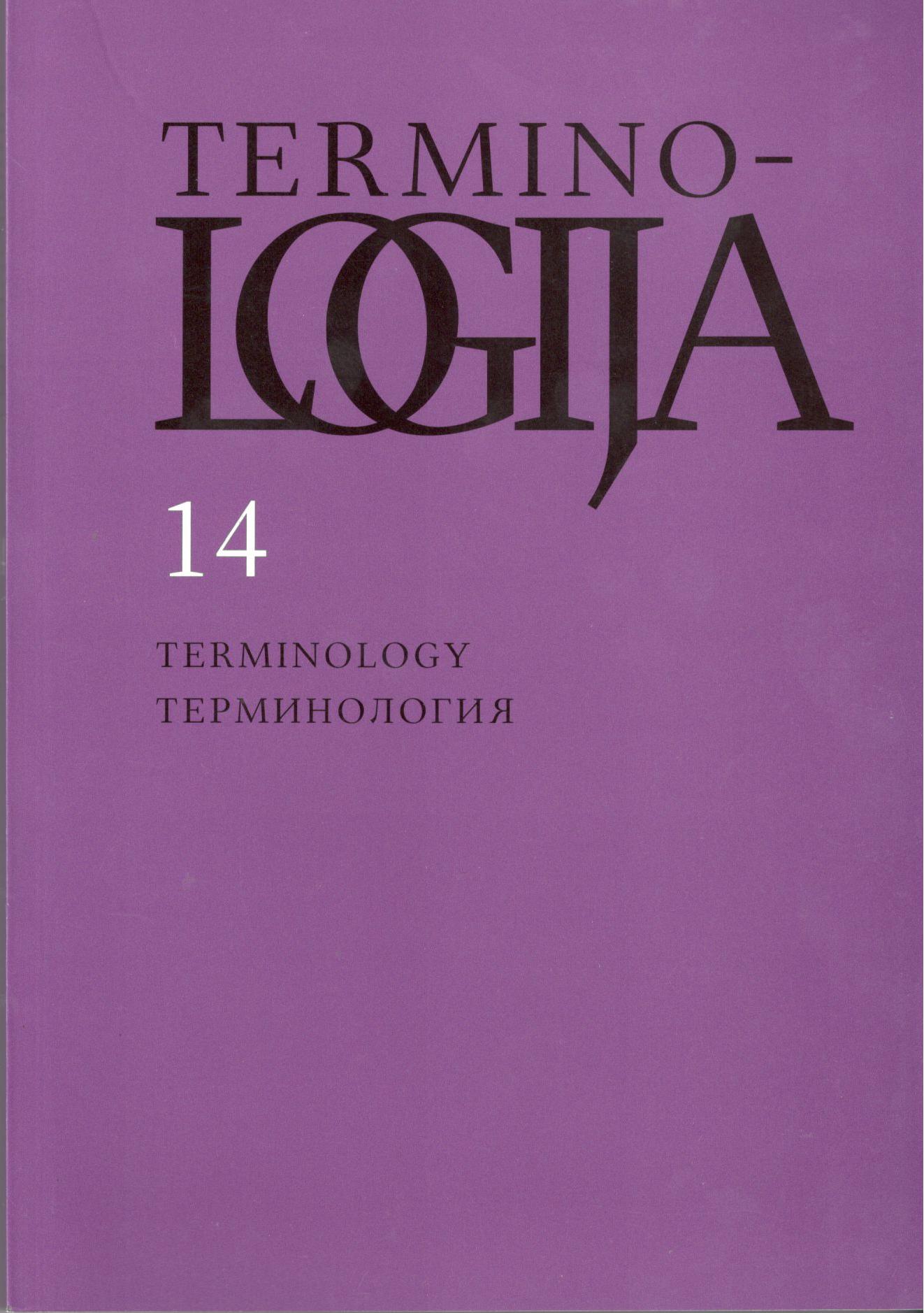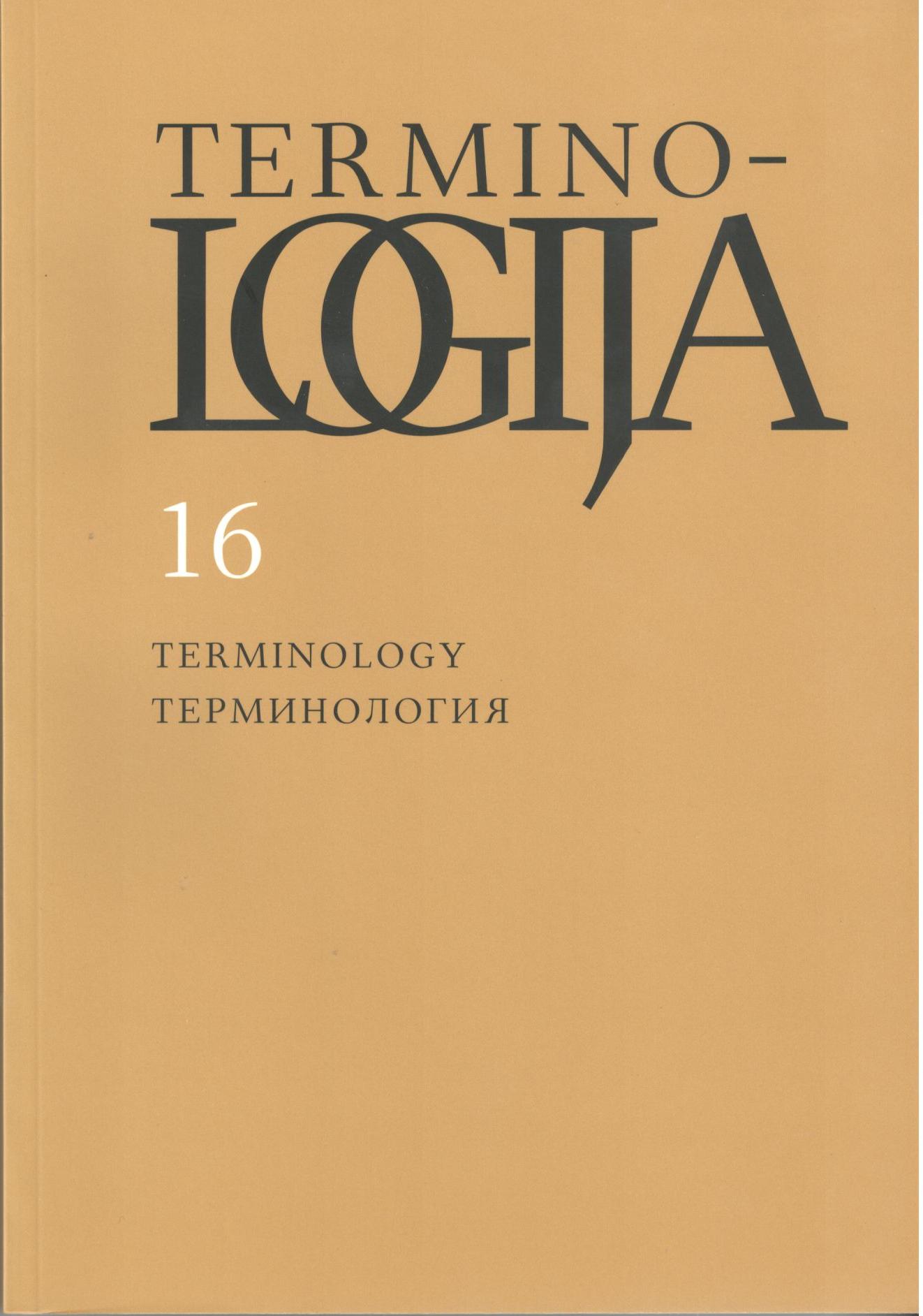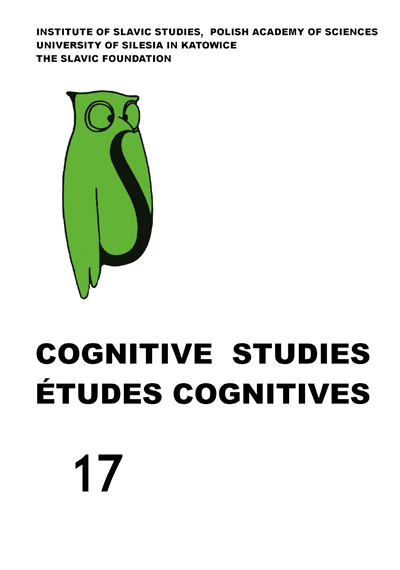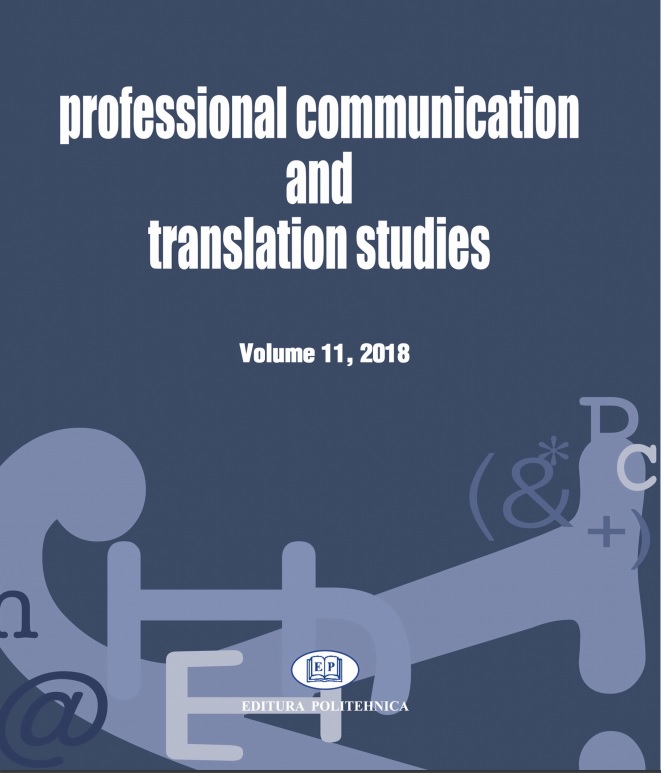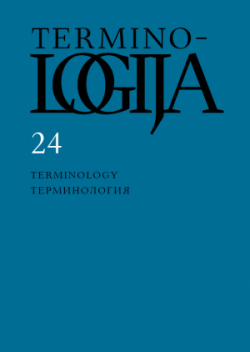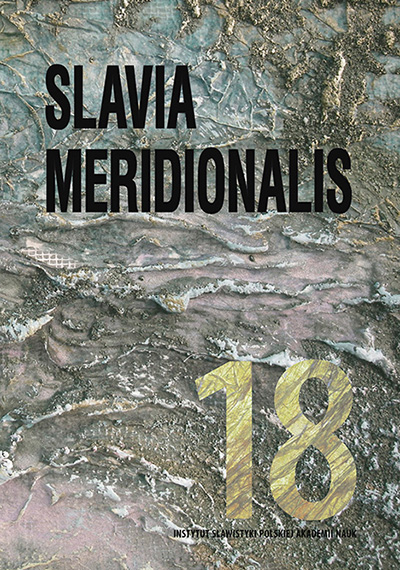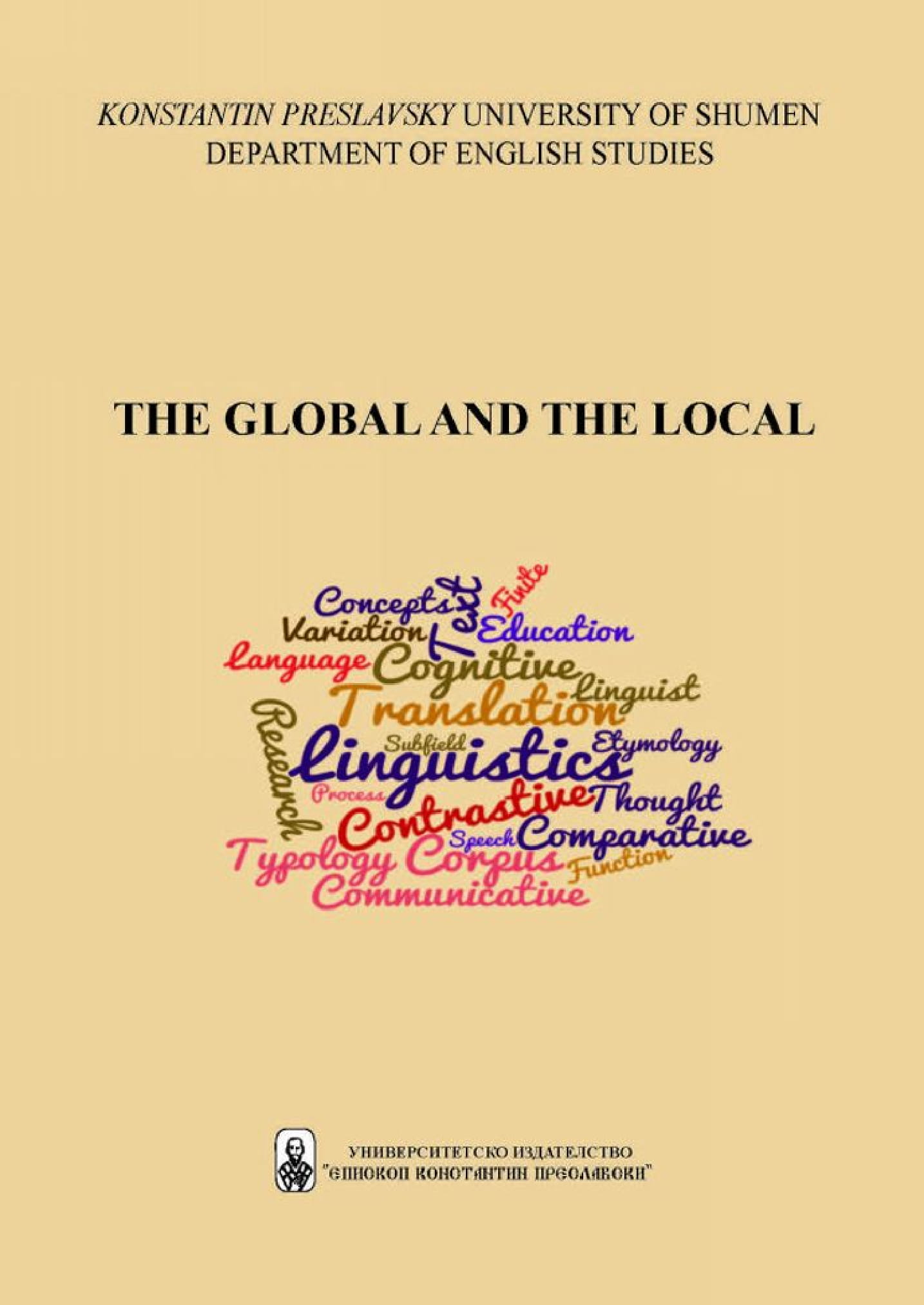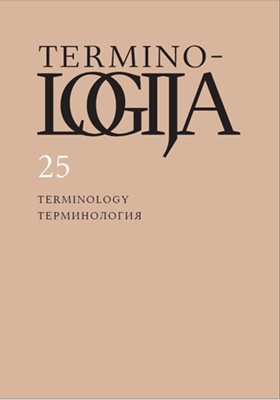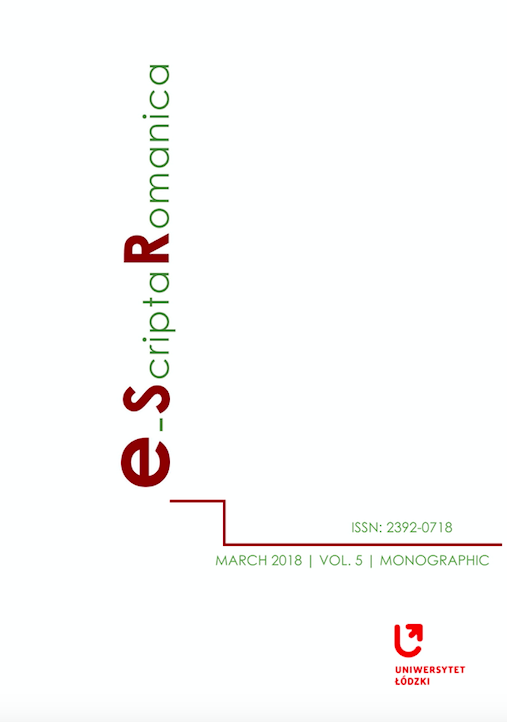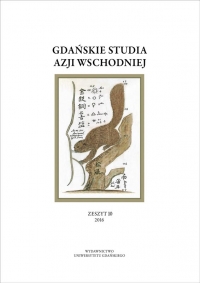
Adaptacja Chińskich hieroglifów w Japonii a kultura przekładu
In the third century one part of elite of the ancient Japanese society adopted Chinese writing and began to learn it. It is assumed that at the beginning Japanese read Chinese characters following the sound patterns of the ancient Japanese language approximating the Chinese sounds. However, Japanese sounds applied the Chinese characters, and at the same time the word order was changed into Japanese word order. This was the beginning of kanbun kundoku, or Chinese writing with Japanese readings. The term ‘Japanese readings’ is used here in the sense of both: to read each individual character as a Chinese character, or, to read them replacing the word order of Chinese writing into a Japanese translation. When Chinese characters were adopted for use in Japan, they were at first read as Chinese sounds with a Japanese pronunciation approximating that of the Chinese reading. Thereafter, this type of Japanese translation for individual readings of Chinese characters known as ‘kundoku’ began. ‘Kundoku’ (reading characters with their Chinese pronunciations) is still used today along with ‘ondoku’ for reading Chinese characters used in Japanese, i.e. in ‘kanbun kundoku’. This first reading is important in the history of modern Japanese translation. The reason is that when Japanese first encountered western languages, this method of Chinese translation readings was used for English translation, French translation, and so on. In short, Japanese people created another style of written Japanese for translation, dating back to Chinese writing system, apart from the traditional ancient Japanese language system. In Japan, however, after Chinese characters were introduced from China, Japanese created a style of native Japanese readings. Japanese translators have translated naturally according to their own logic and style.
More...
